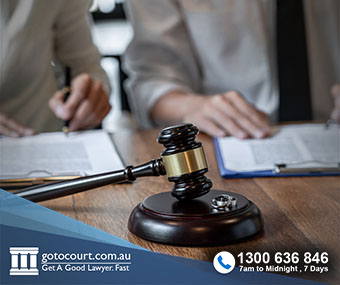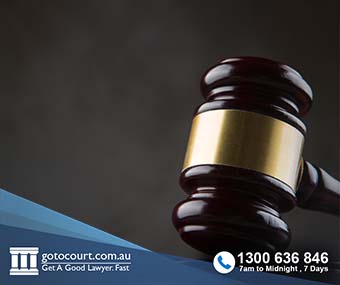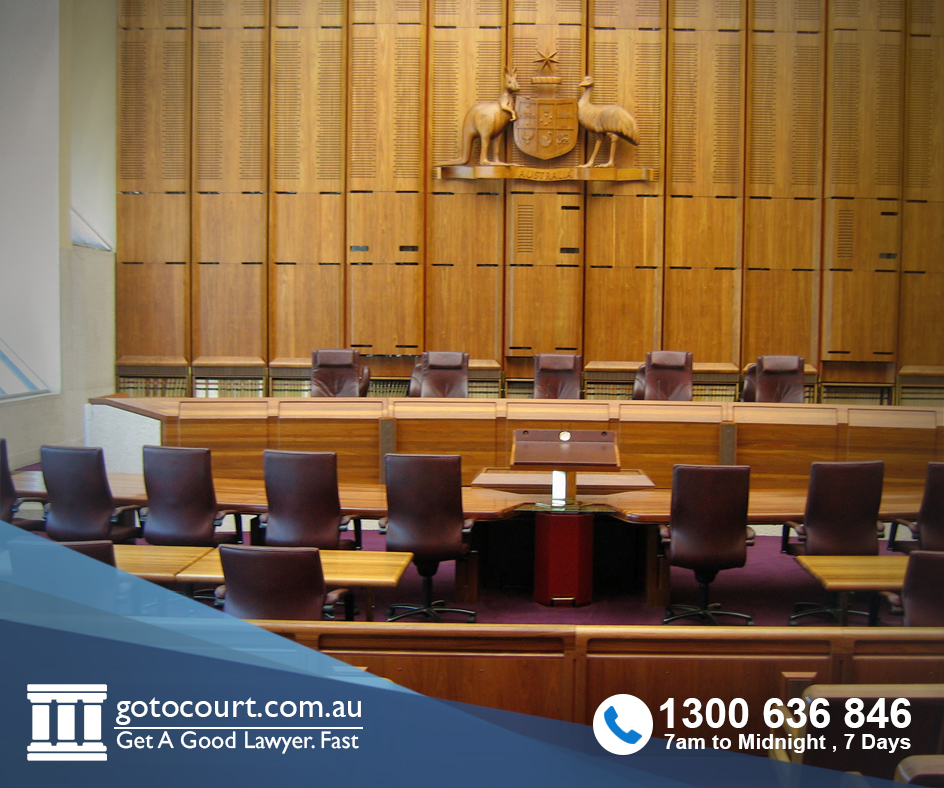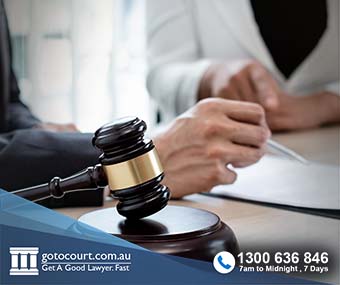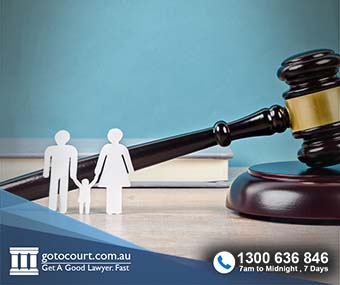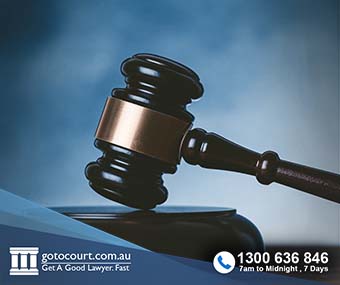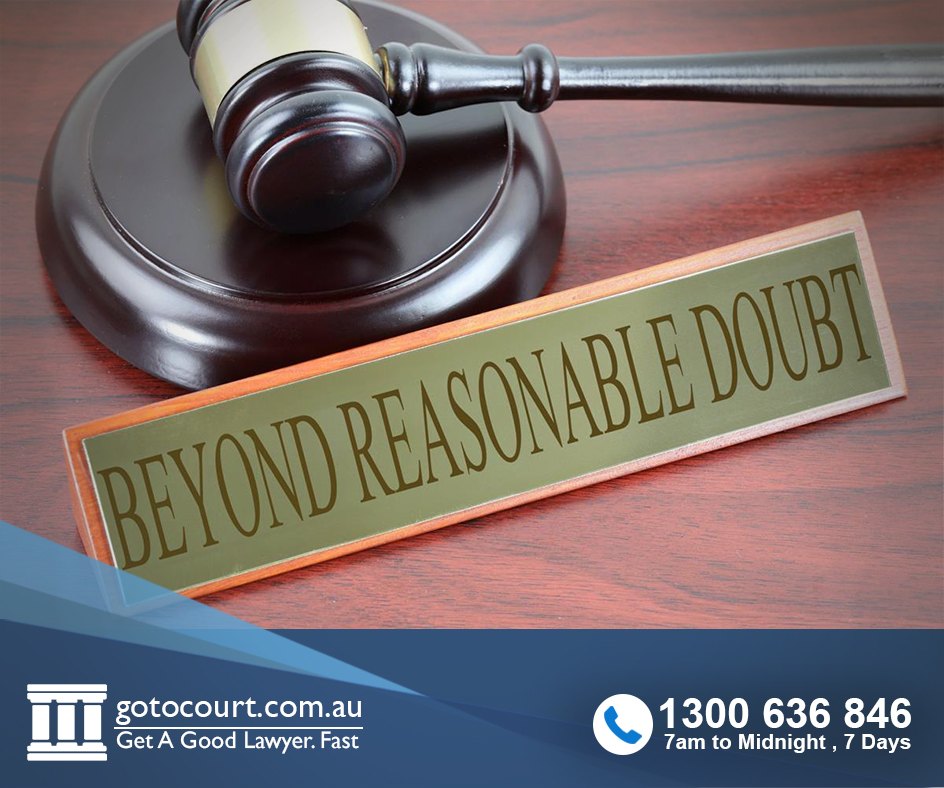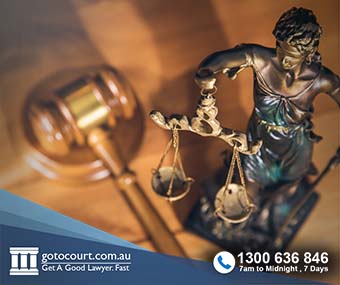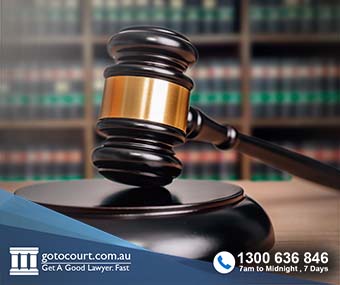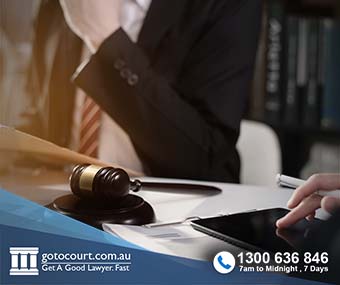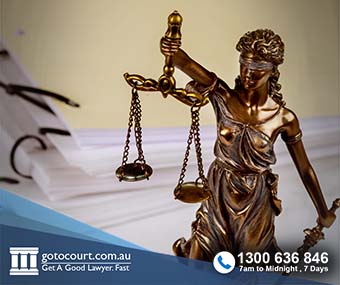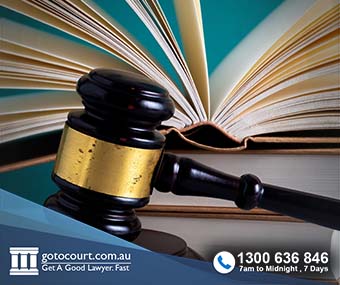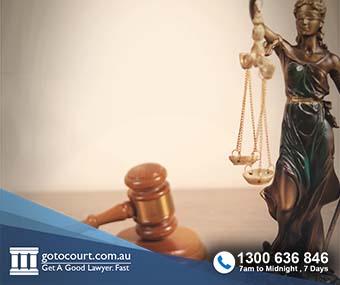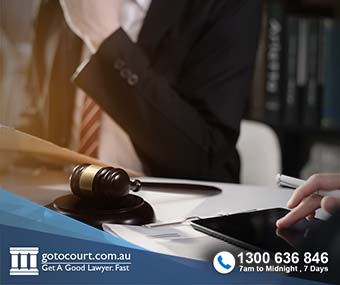Jury Duty (NSW)
Jury Duty (NSW)
While not everyone is excited to be selected for jury duty, there is a good chance that you could be called up at some point in your life. How are jurors selected, how much do they get paid and what happens when jurors misbehave? Keep reading as we answer common questions about juries in NSW.
What is a jury?
In NSW, juries are usually made of 12 jurors selected from the electoral roll, although sometimes juries of 15 are empanelled in cases expected to last more than three months. Most criminal cases in the District Court and Supreme Courts are determined by a jury, and so are some large civil law cases and coronial inquests. Juries deciding civil cases usually consist of four members, although trials in the supreme court can be comprised of 12 members.
Can I get out of jury duty?
A person can apply to the Sheriff’s Office to be excused from jury duty either temporarily or permanently.
Reasons that you can seek an exemption are:
- That serving on the jury would cause you or your family undue hardship or serious inconvenience;
- That you have a disability which would render you from being suitable or capable of serving as a juror;
- That there is a conflict of interest, knowledge or acquaintance or friendship that could result in a perception of a lack of impartiality of a juror; or
- That there is any other reason that you to perform the functions of a juror.
If you are called up, and know you are excluded from jury service, you must inform the sheriff before the day you are required to attend court. However, no matter how much you want to get out of jury duty, supplying false or misleading information to the Sheriff isn’t a good idea. This is an offence and carries a maximum fine of $5,500.
Your employer cannot fire you or disadvantage you because you have been selected for jury duty. Doing so is a criminal offence, which could result in the court ordering heavy fines, imprisonment, or an order that the employer reimburse you for any lost wages, as well as order the employer to reinstate you.
Exemptions and exclusions from jury service
Some people are automatically ‘exempt’ or ‘excluded’ from jury duty. Those who are exempt include clergymen, medical practitioners, dentists and those who work in emergency services. You may also apply to be exempt if you have served on the jury in the last three years, have previously served on a lengthy case, if you’ve been summoned for jury duty and were not ultimately selected in the last 12 months and finally, if you live with and care for an ill, infirm or disabled person.
Those who are excluded include persons currently serving a prison sentence and those who have been found guilty of a serious offence such as a terrorist offence or some sexual offences.
What does jury duty pay?
If the trial you are sitting on goes for between 1 and 10 days, you get $106.30 per day, however if the trial goes on for 11 days or longer, you get paid $247.40 for each day thereafter, if you are employed. If you are not employed, you continue to receive $106.30 per day. You also receive 30.7 cents per kilometre you have to travel to get to court.
How is a jury selected?
A jury is ’empaneled’ in a court room. Each juror has a number, and these numbers are selected at random. If your number is called, you make your way up to sit in one of the jury chairs. Once 12 numbers have been called, the prosecution and each accused can ‘challenge’ three potential jurors. If there are co-accused, each co-accused may challenge three potential jurors. Unlike in other jurisdictions, in New South Wales no information about a juror, such as their profession, is provided. Once the selection is complete, all others who have come for jury duty are dismissed.
What happens in the jury room stays in the jury room
It used to be the case that a jury decision had to be unanimous, however recent changes to the law allow for majority verdicts in some cases. Jury deliberations must occur only when all jurors are present.
The process by which a jury reached its verdict is never revealed. Nor are the identities of jurors ever made public – and soliciting information about a jury’s verdict or publishing identifying information about juror members are criminal offences.
This is so that jurors can be open in their discussion, without fearing criticism from the media, family and friends or parties in the proceedings. It is also to promote finality of the decision.
Misbehaviour of jurors
Jurors failing to act properly can lead to a mistrial, or even a to juror finding themselves charged with contempt of court.
The jury in one Downing Centre District Court case decided to entertain itself by doing sodukus in the courtroom, and comparing answers in the deliberating room. The three-month trial was well underway, and over 100 witnesses had given evidence when it was revealed that five of the jurors had been solving the puzzles in court. The jury was discharged and the whole trial had to start again with a new jury.
Another Downing Centre case was drawing to a close, when one juror was seen flirting with the defendant. A court sheriff noticed the foreperson flicking her hair, smiling, raising her eyebrow and “nodding in a potentially suggestive manner” at the defendant. The presiding judge told the court when discharging her, “discharging a juror for flirtatious behaviour is fortunately not something that happens all that often.”
There are several known instances of jurors going online to conduct their own research or even planning their own visits to crime scenes, despite strict warnings and heavy penalties for doing so. The maximum penalties for jurors who make their own enquiries outside the courtroom are a fine of $5,500 and/or imprisonment for two years.
Back in 1994, the jury in a UK double-murder case made headlines because of the extremely unusual method they used to determine their verdict: a Ouija board. After consuming alcohol, several members of the jury – in the absence of their fellow jurors – decided to use a Ouija board to ask the spirits of the deceased if their killer was the accused. The Ouija board allegedly told the jurors that the accused had done it, and to “vote guilty tomorrow.” The defendant, Stephen Young, appealed and requested a retrial. However, it appears the Ouija board was correct, as he was convicted for a second time.
If a jury is discharged, the trial must start all over again, with a new jury and all the evidence must be again presented to the court.
If you require legal advice or representation in any legal matter, please contact Go To Court Lawyers.

Affordable Lawyers
Our Go To Court Lawyers will assist you in all areas of law. We specialise in providing legal advice urgently – at the time when you need it most. If you need a lawyer right now, today, we can help you – no matter where you are in Australia.How It Works




1. You speak directly to a lawyer
When you call the Go To Court Legal Hotline, you will be connected directly to a lawyer, every time.

2. Get your legal situation assessed
We determine the best way forward in your legal matter, free of charge. If you want to go ahead and book a face-to-face appointment, we will connect you with a specialist in your local area.

3. We arrange everything as needed
If you want to go ahead and book a fact-to-face appointment, we will connect you with a specialist in your local area no matter where you are and even at very short notice.

